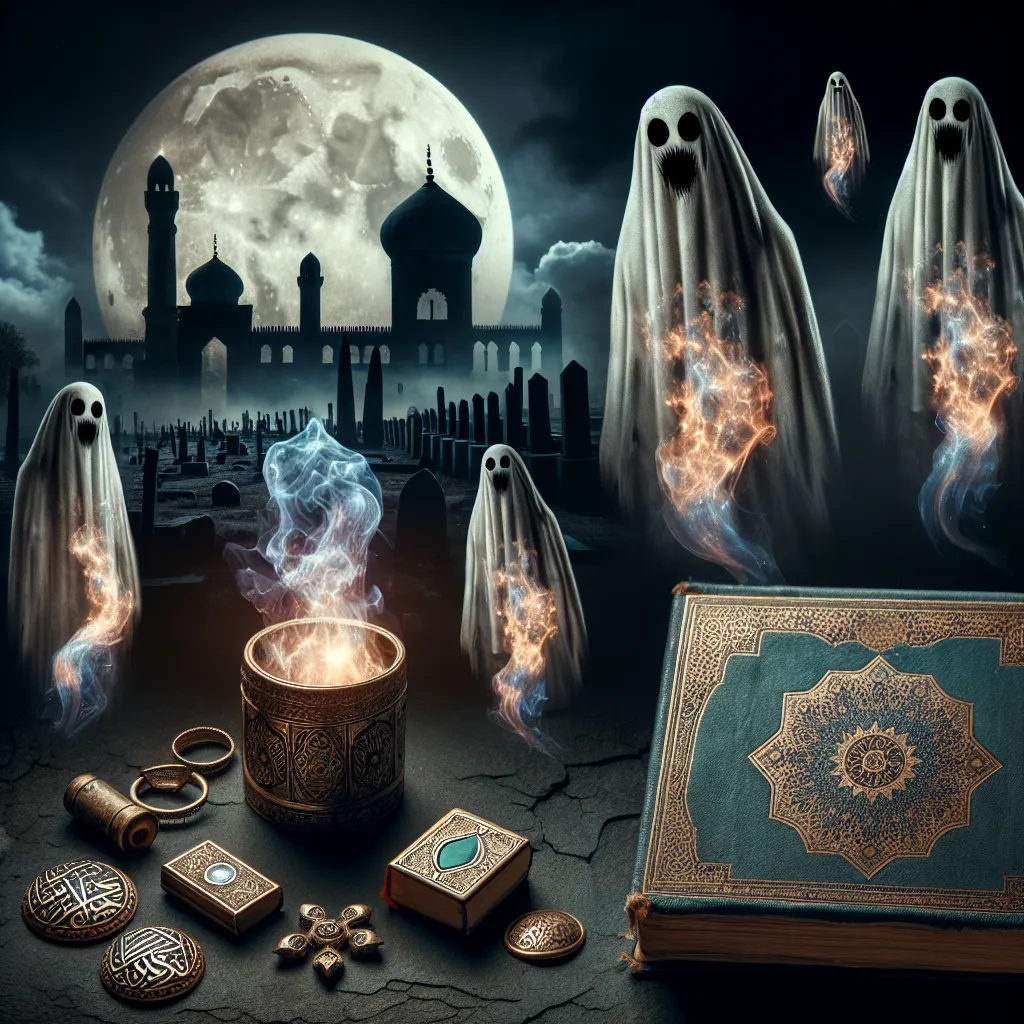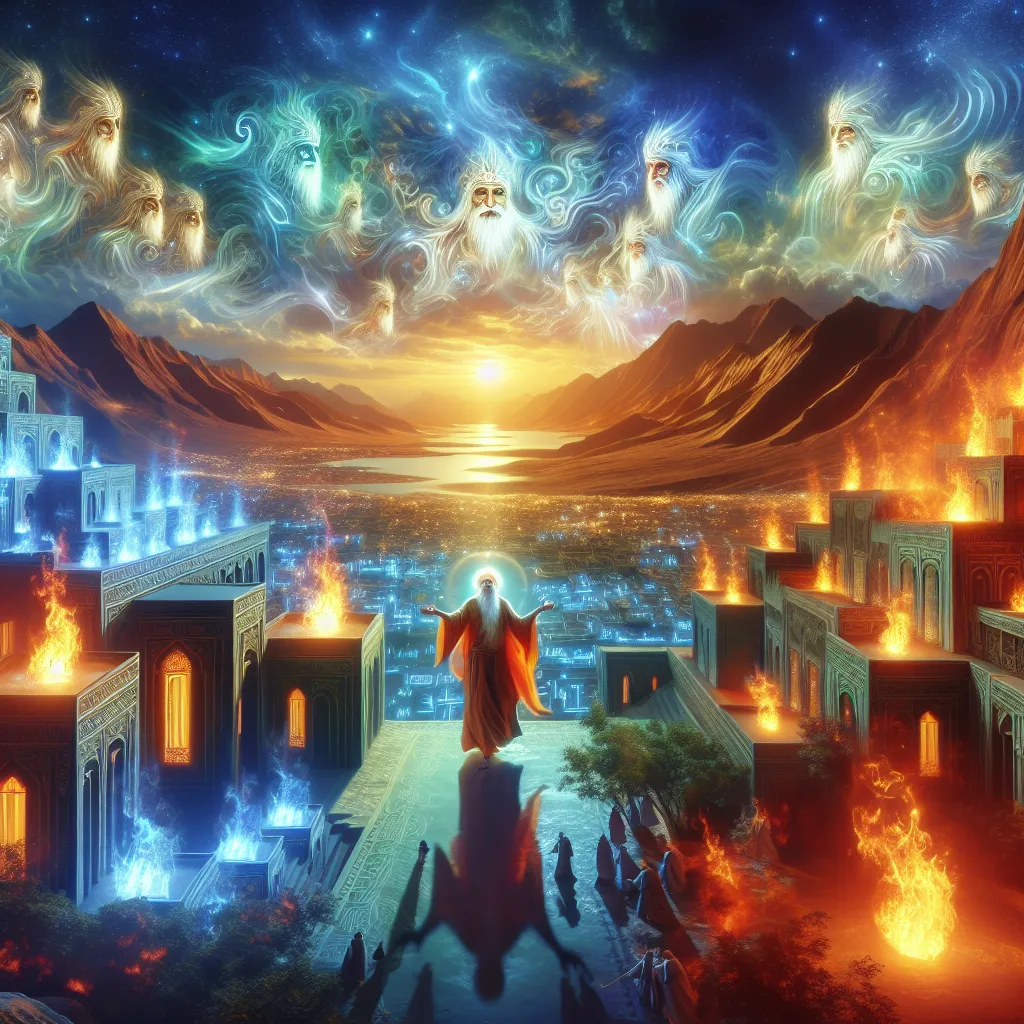It’s that eerie season again, and what better way to kick things off than by diving into the mysterious world of Jinn and spirits in Middle Eastern and Islamic culture? You’ve probably seen countless Hollywood horror flicks about demonic possession, from “The Exorcist” to “The Conjuring.” But these movies often center around Christian theology with crucifixes and holy water. While there have been some diverse takes like the 2019 movie “The Vigil,” which features a Jewish spirit, the possibility of Jinn possession in Islamic culture is a topic that deserves more attention.
Many people think of Jinn as mere genies from movies like “Aladdin,” but that doesn’t come close to capturing their essence. Jinn are fascinating beings that appear in the Quran, described as being created from smokeless fire, unlike humans made from clay and angels from light. They’re not just evil creatures; they can be both good and bad, similar to the daimons in ancient Greece. They live in societies, have families, and follow religions like Islam, Christianity, and Judaism. But in general, Jinn are often associated with dark places, ruins, and cemeteries.
One intriguing question: Can Jinn actually possess humans? The Arabic term for a crazy person, “majnun,” literally means “possessed by a Jinn,” a clue in answering this. Historically, Islamic scholars have debated this. Famous theologian and Hanbali jurist Ibn Taymiyyah argued that Jinn possession is real, while others like Al-Ghazali have called it superstition. Yet, the idea remains widespread, and various exorcism techniques exist to deal with Jinn possession.
In Morocco, for instance, there’s the tale of Aisha Kandisha, a Jinn who lures in men only to harm or possess them. In Kurdish and Central Asian lore, there’s the Al, a Jinn that targets pregnant women, reminding us of ancient Mesopotamian demons. These stories give a glimpse of how complex and deeply rooted the concept of Jinn possession is in these cultures.
Why would a Jinn possess someone? There are various reasons. People might invite possession through curses or failed rituals. Jinn can feel emotions and might possess someone out of anger or lust. Some stories even talk about humans marrying Jinn, leading to cases of interspecies relations.
How do you know if you’re possessed by a Jinn? Symptoms vary but often involve drastic mood changes, depression, epileptic fits, and speaking in tongues. Today, many of these symptoms would be classified as mental disorders. But if these are coupled with negative reactions to religious practices, it could indicate Jinn possession.
So, what do you do if you’re possessed? Exorcism, or “ruqyah” in Arabic, involves various rituals. Traditional practices include amulets inscribed with Quranic verses, objects imbued with occult power, and strict recitation of the Quran. Some methods are more about appeasing the Jinn, like the Zar ritual, which uses music and dance.
This has been a quick dive into the world of Jinn possession in Islamic culture. Whether you’re a believer or a skeptic, there’s no denying the rich tapestry of stories and beliefs surrounding these mysterious beings. As we continue through this spooky season, stay tuned for more chilling tales and intriguing aspects of the world’s religions. Until next time, stay curious and perhaps keep a light on.






